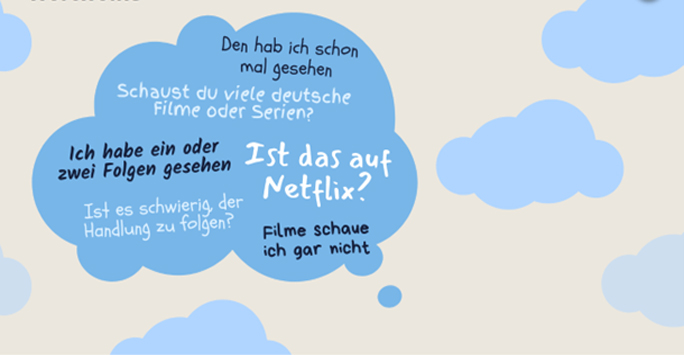From learners for learners: learner conversations as models of spoken German

From learners for learners: learner conversations as models of spoken German
January 16th, 9.30am - 5pm
University of Liverpool
The CTELL hosted a successful day of learning and networking with German teaching experts from secondary schools and HE.
The presentations and discussions focused on the teaching of spoken language, which, as research has shown, is markedly different from written language. Lively discussions revolved around questions such as ‘How can features of spoken language be taught?’ ‘What do we mean by “fluent”?’ and ‘What is authentic learner language?’.
On a cold and snowy day, delegates received a warm welcome by the organiser and Director of CTELL, Dr Ulrike Bavendiek, the Head of the Department of Languages, Cultures and Film, Prof Anna Saunders, and the representative from the DAAD London, Alexander Bleistein. The DAAD had generously funded the event, and snacks provided by the Goethe Institute helped to sweeten the day.
The keynote speaker Prof Karin Aguado from the University of Kassel (Germany) opened the symposium with her presentation Flüssig sprechen, kompetent interagieren und erfolgreich handeln in der Fremdsprache Deutsch. She explained the importance of multi-word units for the development of fluency.
Andrea Pfeil from the Goethe Institute London made a case for German by presenting GIMAGINE, a project that offers support for teachers, German learners, and schools. Thomas Jochum-Critchley from the University of York explored the tension between a focus on form and a focus on meaning and fluency in the teaching of oral skills. Also focusing on the particular linguistic features of spoken language, Dr Sascha Stollhans from the University of Leeds argued for a new conceptual understanding of spoken language as opposed to the, usually written, standard language. Britta Schrader from the University of Birmingham and the University of Lancaster demonstrated how tandem partnerships can be used to develop and assess oral skills, with a genuine focus on authentic communication and meaning. Finally, Dr Christian Jones, Dr Ulrike Bavendiek (both University of Liverpool) and Dr Sandra Strigel (University of Manchester) presented the digital learning materials they developed with language learners, which highlight unique features of conversations.
